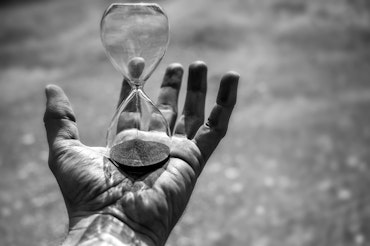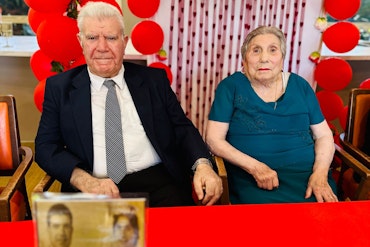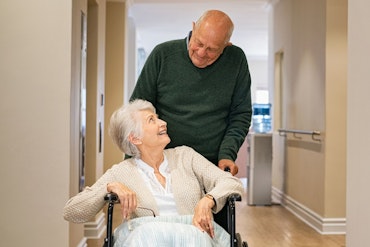Heat is on as population grows and ages
If we do not change how events like heatwaves are handled as the population grows and ages, then deaths linked to heat are likely to double by 2050. Roger Beale, a principal of Pricewaterhouse Coopers and former secretary of the environment department, told The Age the effect of extreme heat was likely to increase the death toll, particularly among elderly people.

If we do not change how events like heatwaves are handled as the population grows and ages, then deaths linked to heat are likely to double by 2050.
Roger Beale, a principal of Pricewaterhouse Coopers and former secretary of the environment department, told The Age the effect of extreme heat was likely to increase the death toll, particularly among elderly people.
A report, produced by Pricewaterhouse Coopers – in collaboration with government and meteorology experts, finds heatwaves kill more Australians – particularly the elderly –than any other natural disaster as the number of heatwave days is predicted to more than triple in Melbourne by 2050.
According to the data, extreme-heat-event deaths may account for about 350 deaths in Melbourne and Brisbane, and about 80 in Sydney.
The findings of the report call for a much-needed ‘national heatwave plan’ and air-conditioned public centres where heat stressed people can take refuge.
The cooling room concept is raised in a report into Australia’s preparations for a ‘hotter future’; suggesting these rooms as an option for those whose lives may depend on respite from 45-degree temperatures.
How will you keep cool this summer? Share your suggestions and thoughts on this study by commenting in the box below.























